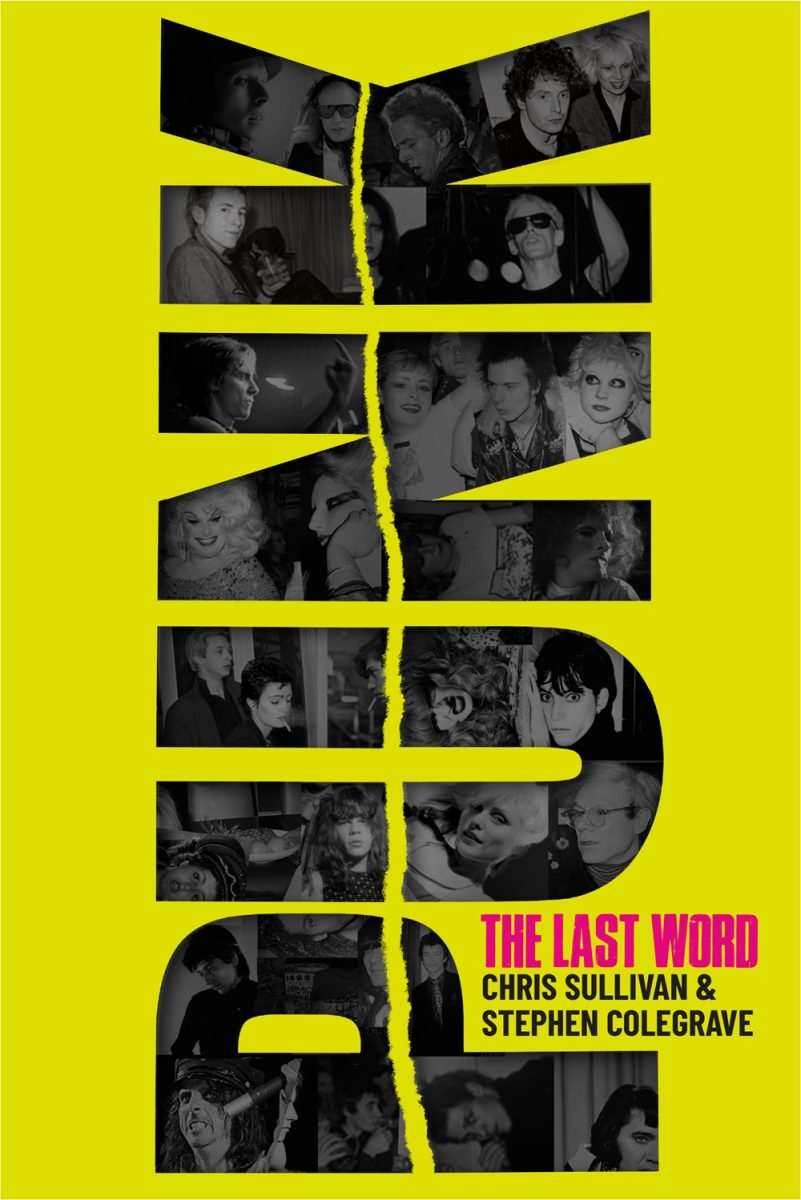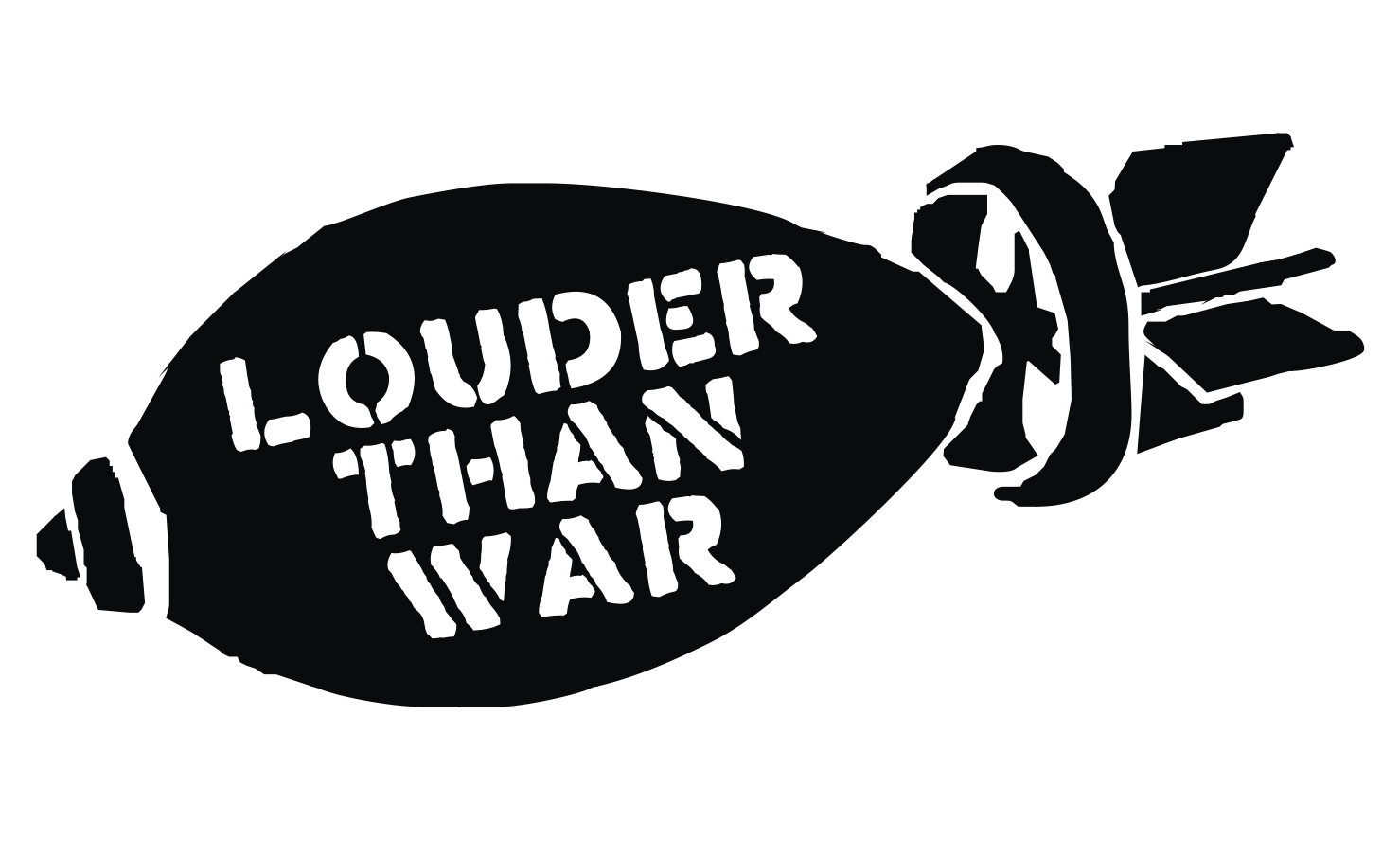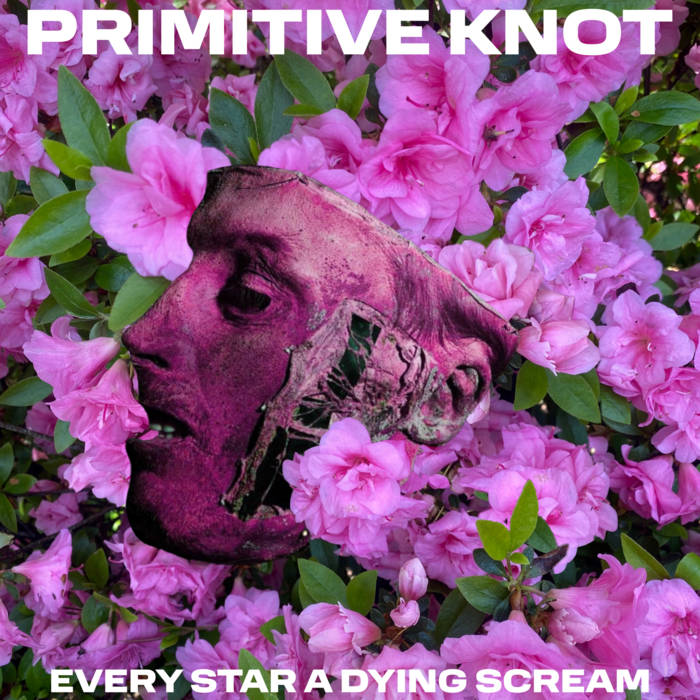Punk: The Last Word by Chris Sullivan and Stephen Colegrave
Published by: Omnibus
Release date: 23rd October 2025
Twenty-five years ago, Sullivan and Colegrave co-wrote a book called Punk: A Life Apart. They’ve written this one with the benefit of many more years of hindsight. And with that long-range perspective, they have chosen to focus on “our contention that punk is more than just a musical genre; it is a tenet, a philosophy, a mindset and an approach to life”.
Personally, I don’t think that notion is actually contentious. I’ve always argued that punk is about attitude, not what you wear or even the music you listen to. That is, for example, why Vivien Goldman’s book Revenge Of The She-Punks is so wide-ranging.
On the other hand, I recently joined a Facebook group where people seem to think that mohawk hairdos and moshpits make you “punk”. So perhaps it does need saying.
However, you could take it too far. Did Socrates invent punk? Obviously not. But he’s the first name in a slightly tongue-in-cheek list of “historical harbingers” – non-conformists from various walks of life – in the prologue.
Some of them, like Little Richard and Keith Richards, are a bit more plausible as punk antecedents. But there’s a strong sense running through this book that someone did invent punk, and that person was Andy Warhol. Perhaps that is more contentious.
The 34 chapters start with New York and circle back to it many times. You are ten chapters in before you get to the start of the London punk scene. That is also covered in detail and is followed by several chapters investigating what happened next.
There are short sections on the inspiring scenes that grew up in different parts of the UK and a section on the less inspiring subgenre Oi! (“a cautionary tale”). The book also looks at various post-punk movements, including rockabilly, the Blitz kids, Two-Tone and punk-funk. The musical tour concludes with hip-hop, exemplifying the DIY punk spirit.
It’s definitely comprehensive, as you’d expect from a book of over 600 pages. When we get to the actual UK punk movement that began in the late 1970s, it’s interesting to note that people came to it from different directions. The pub rock route and the art school route are well known, but there are other, less well documented ways in, like the “soul boy disco dress up scene” and the Welsh scene where Steve Strange originated.
Each chapter tells the story largely through quotes from those involved (including Sullivan and Colegrave themselves): scenesters and well as musicians. They add up to a closely detailed history, even if they don’t always support the authors’ case for punk’s countercultural credentials.
The authors have carried out numerous interviews and also include quotes from other sources that some readers might find familiar. If you’re already interested in the subject, particularly if you’ve read, for example, Will Hermes’ Love Goes To Buildings On Fire (the New York angle), England’s Dreaming by Jon Savage (the London angle) or any of the various punk memoirs out there, you might get a bit of déjà vu. So I did wonder a bit about who this was for.
The authors touch on the fact that some people write PhDs on punk or make a living lecturing about it, and I wondered if perhaps this volume was actually intended for students to read. It’s certainly a great primer for those who come to it with little previous knowledge. (There are some minor inaccuracies, but that’s to be expected in such a huge book.)
As for being “the last word”, well, that’s a suitably provocative title even if it’s almost certainly not going to be. But, given the amount of work and attitude that’s gone into this book, let’s allow the authors to pose, just a bit.
~
Punk: The Last Word is available at all good book stores.
Words by Penny Kiley. You can read her Louder than War reviews at her author profile, and her archive of music journalism on Substack.
A Plea From Louder Than War
Louder Than War is run by a small but dedicated independent team, and we rely on the small amount of money we generate to keep the site running smoothly. Any money we do get is not lining the pockets of oligarchs or mad-cap billionaires dictating what our journalists are allowed to think and write, or hungry shareholders. We know times are tough, and we want to continue bringing you news on the most interesting releases, the latest gigs and anything else that tickles our fancy. We are not driven by profit, just pure enthusiasm for a scene that each and every one of us is passionate about.
To us, music and culture are eveything, without them, our very souls shrivel and die. We do not charge artists for the exposure we give them and to many, what we do is absolutely vital. Subscribing to one of our paid tiers takes just a minute, and each sign-up makes a huge impact, helping to keep the flame of independent music burning! Please click the button below to help.
John Robb – Editor in Chief






Leave a Reply